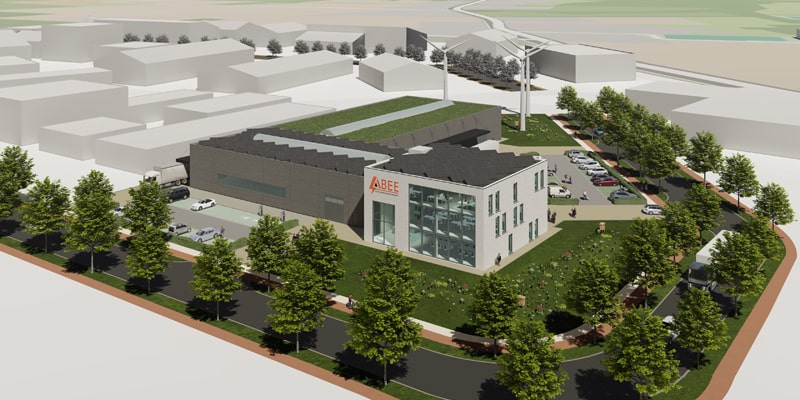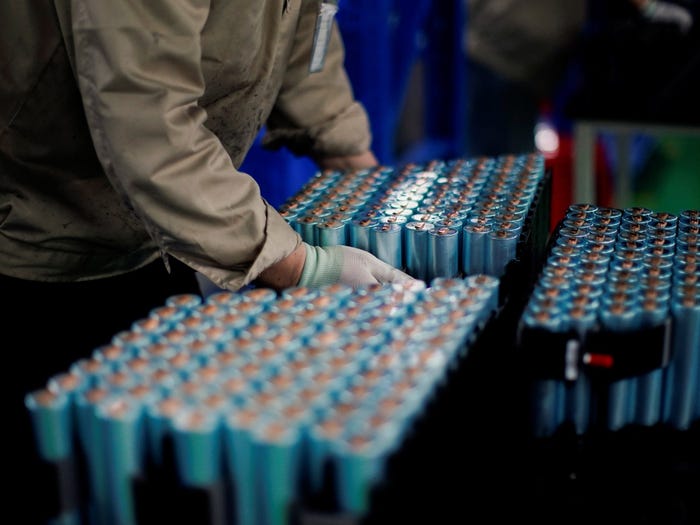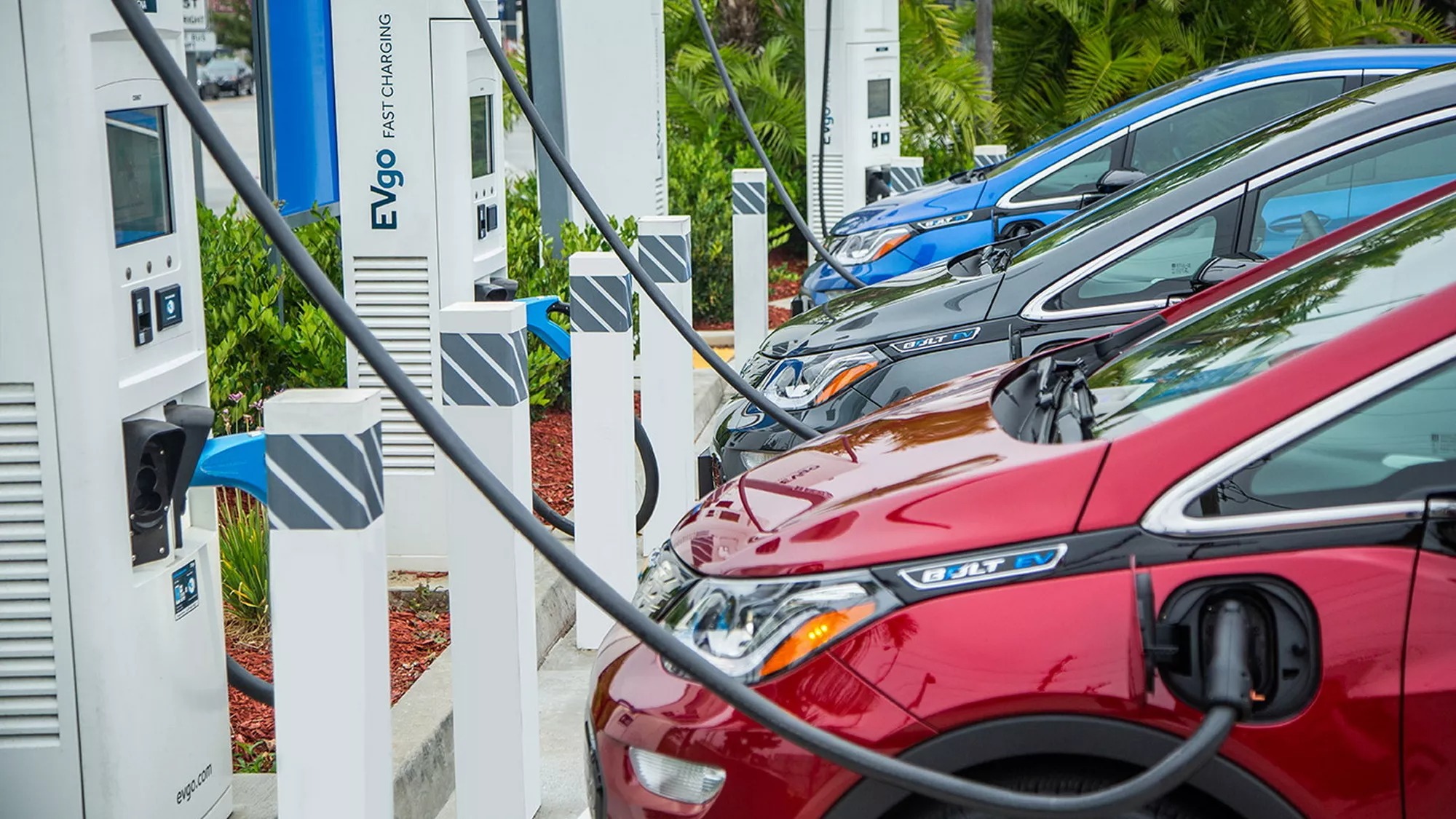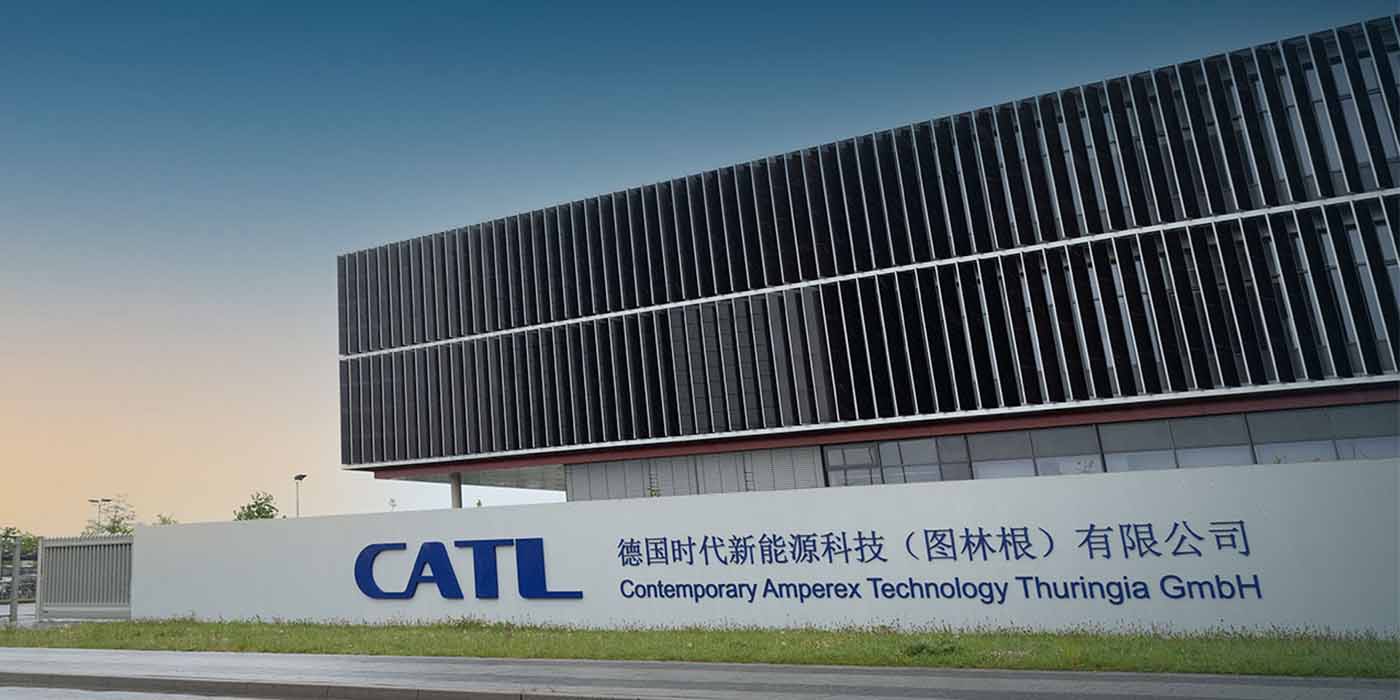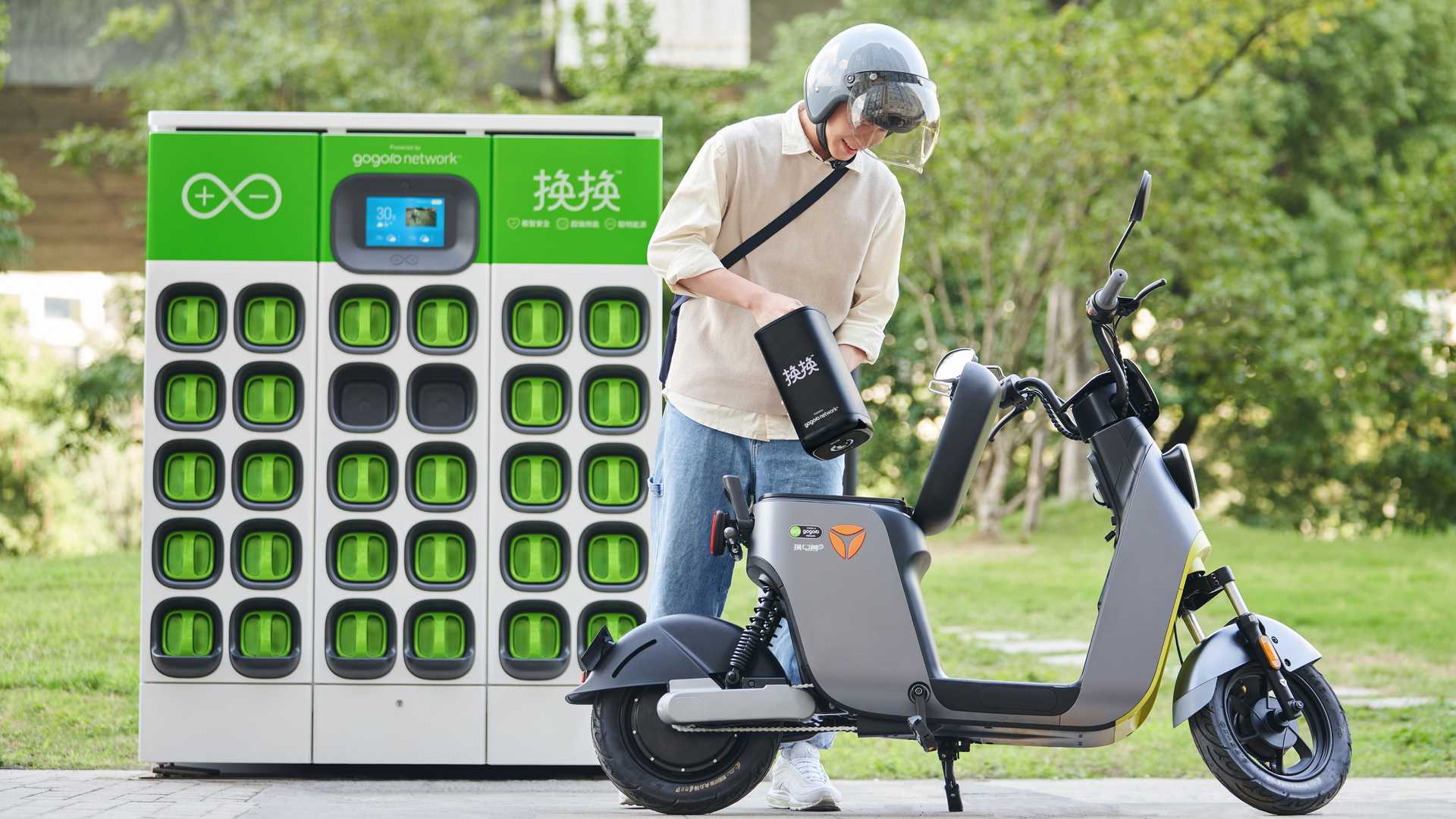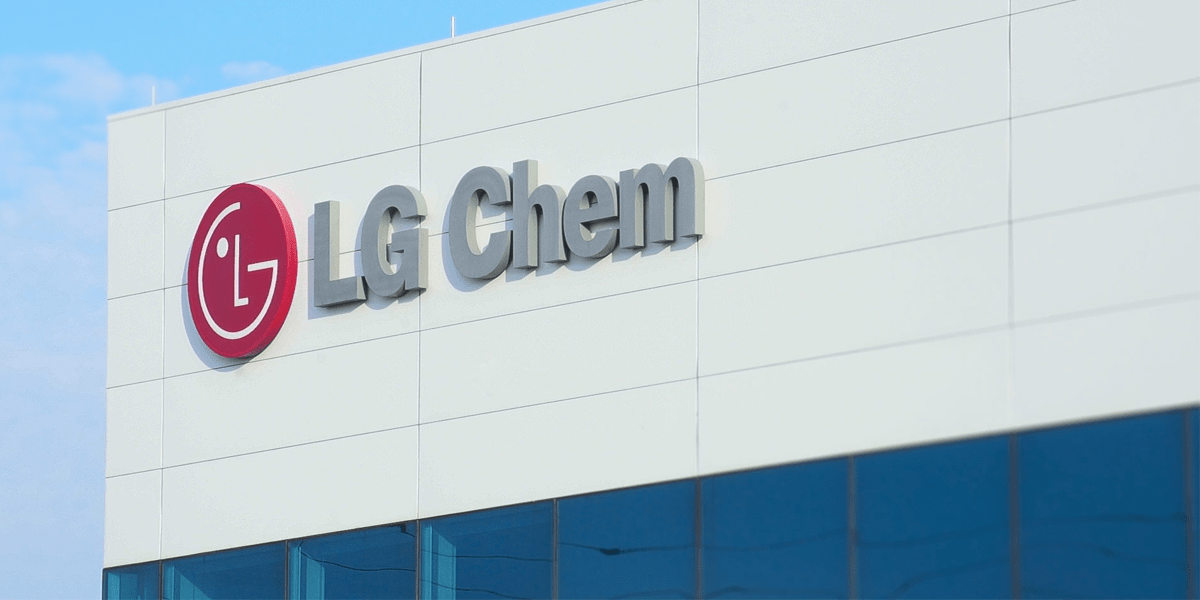Avesta Battery and Energy Engineering (ABEE), a Belgian company, is set to construct a battery cell factory in Galați, Romania, aimed at catering primarily to the automotive industry. With an investment of 1.4 billion euros, the factory, named Romvolt, will not only generate an estimated 8,000 job opportunities but also boast an annual production capacity of 22 GWh upon completion in 2026. Additionally, the facility will manufacture cells for stationary batteries. In the second phase, scheduled for the end of the decade, ABEE plans to invest an additional 200 million euros to establish a recycling plant on-site, capable of handling 50,000 tonnes per year.
Renault-Dacia and Ford, both based in Romania, will be the main recipients of the battery cells produced by Romvolt. Dacia, which currently produces its sole electric vehicle model, the Spring, in China, recently announced plans to unveil an electric version of the Sandero between 2027 and 2028, aligning with ABEE’s intended production commencement. Ford operates a vehicle plant in Craiova, Romania, and has already confirmed the production of the E-Transit Courier panel van and the E-Tourneo Courier. Moreover, a electric variant of the Ford Puma, also manufactured in Craiova, is expected to be introduced in 2024. However, it should be noted that there is no official confirmation from either automaker regarding their procurement of battery cells from ABEE.
Although ABEE has garnered political support, with both Belgian Prime Minister Alexander De Croo and Romanian Minister for Economy, Entrepreneurship, and Tourism Ștefan Radu Oprea attending the press conference, the final agreement has yet to be signed. Galați Mayor Ionuţ Pucheanu revealed that the local authorities are still processing various requests to finalize the deal for Romvolt. Nevertheless, Galați’s strategic location in eastern Romania, situated near the borders of Moldova and Ukraine and adjacent to the Danube River, along with its free trade zone and dedicated port, make it an advantageous site for the battery cell factory.
Details regarding the specific type of battery cells to be manufactured in Romania have not been disclosed. If Dacia is indeed among the recipients, it is likely that the cells will be cost-effective, considering the automaker’s emphasis on offering affordable rather than high-performance electric vehicles.
In addition to the Romanian venture, ABEE has unveiled plans for a research and development center for solid-state battery cells in Figueira da Foz, Portugal, along with a pilot production facility boasting a capacity of 0.5 to 1 GWh. While these plans are still in the preliminary stages, ABEE’s intentions are more concrete in northern Macedonia, where the company has announced the establishment of a battery management systems production facility. However, no specific customers have been named as of yet.
ABEE, founded in 2019 by former university professor Noshin Omar, initially operated as a consulting engineering company. The company’s focus encompassed comprehensive research on battery life, spanning from cell production to battery packaging systems, and concluding with recycling processes. ABEE’s website highlights its dedication to research and development in the areas of battery management systems and power electronics systems, alongside mass production capabilities. The recent announcements of the production plant in northern Macedonia and the Romanian facility align with ABEE’s objectives. Nevertheless, the reports lack information on how ABEE managed to establish its own capital-intensive cell production within a short span of time.

